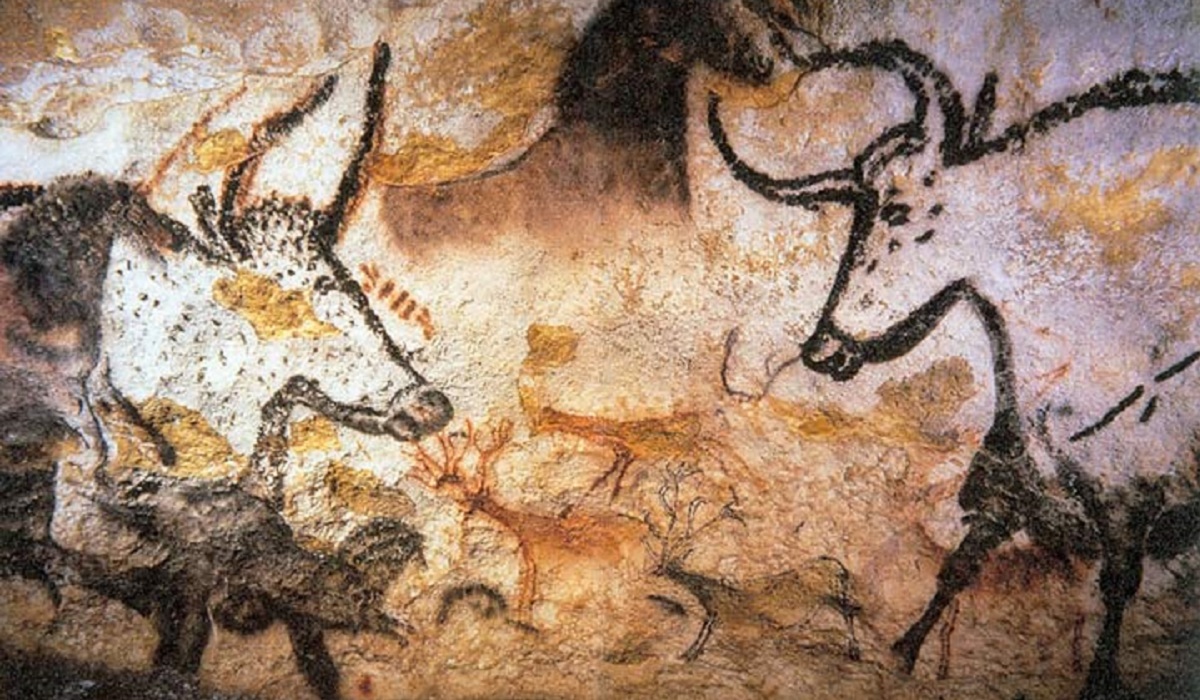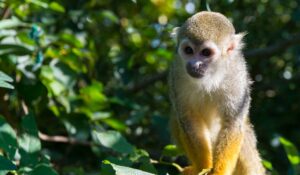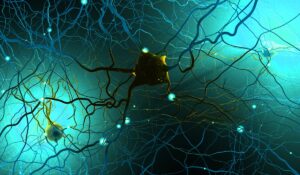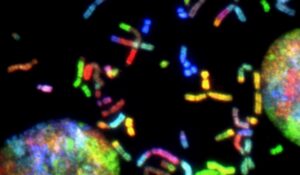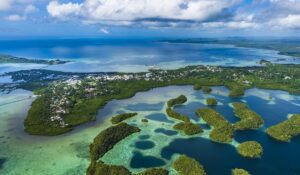The world’s largest database of good news and social change milestones from throughout human history
We are building the world’s largest database of social change milestones, from the first fire to today’s good news. Change is not only possible, it has happened consistently throughout human history. Filter by era, country, topic, actor, source, and more.
4611
change milestones archived
Filters
Search
Era
- Tomorrow (2025 C.E. - ???)
- Today (2017 C.E. - 2024 C.E.)
- Post-modernity (1945 - 2016 C.E.)
- Modernity (1500 - 1945 C.E.)
- Post-classical (500 - 1500 C.E.)
- Civilization (3000 B.C.E. - 500 C.E.)
- Agriculture (10000 - 3000 B.C.E.)
- Prehistory (250000 - 10000 B.C.E.)
Years
Topic
Country
Actor
Filters
Search
Era
- Tomorrow (2025 C.E. - ???)
- Today (2017 C.E. - 2024 C.E.)
- Post-modernity (1945 - 2016 C.E.)
- Modernity (1500 - 1945 C.E.)
- Post-classical (500 - 1500 C.E.)
- Civilization (3000 B.C.E. - 500 C.E.)
- Agriculture (10000 - 3000 B.C.E.)
- Prehistory (250000 - 10000 B.C.E.)
Year
Topics
Region
Countries
State/Province
Institution
Sources
-
2024 C.E. February 1
New fund supports Indigenous-led land management in biodiverse area of Bolivia
The Wildlife Conservation Society launched the new funding mechanism, in collaboration with Bolivia’s Foundation for the Development of the National System of Protected Areas. The new mechanism will channel conservation funds to Indigenous organizations in the Madidi Landscape, one of the most biodiverse terrestrial protected areas in the world. The new fund has so far attracted $650,000 in initial support from the Bezos Earth Fund.
-
2024 C.E. February 1
Ethiopia to ban non-electric car imports
The Ethiopian Ministry of Transport and Logistics recently announced that motor vehicles will soon be banned from importation in favor of electric vehicles. This measure is part of the Green development master plan 2021-2030 approved by the Ethiopian parliament, which aims to import at least 152,800 electric vehicles over 10 years.
-
2024 C.E. February 1
Researchers discover an effective non-opioid treatment for nerve pain
Many available pain medications aren’t effective in reducing this often-debilitating type of chronic pain. However, researchers at the University of Texas at Austin (UT Austin), in collaboration with UT Dallas and the University of Miami, may have advanced the treatment of neuropathic pain by discovering a molecule that reduces mechanical hypersensitivity in mice.
-
2024 C.E. February 1
France implements compulsory composting
As of January 2024, municipalities in France must now provide residents with ways to sort bio-waste, which includes food scraps, vegetable peels, expired food and garden waste. Households and businesses are required to dispose of organic matter either in a dedicated small bin for home collection or at a municipal collection point. The waste will then be turned into biogas or compost to replace chemical fertilizers.
-
2024 C.E. January 31
25% of new car sales in China were fully electric in 2023 for the first time ever
Electric vehicles sales in China, the world's largest automotive market, are surging. All plugin models accounted for 37% of the market in 2023, up from just 6% at the end of 2021. Full electrics (BEVs) alone accounted for 25%. Plugins are expected to cross the 50% mark for plugins and electric by 2026, with BEVs likely to account for over a third of sales, if current trends persist.
-
2024 C.E. January 31
Germany launches large four-day workweek trial
In February, 45 companies and organizations in Europe's largest economy will introduce a 4-day workweek for half a year. Employees will continue to receive their full salary. Advocates argue that a 4-day workweek would increase worker productivity and, by consequence, help alleviate the country's skilled labor shortage.
-
2024 C.E. January 31
Gene therapy hailed as ‘medical magic wand’ for hereditary swelling disorder
Hereditary angioedema, or HAE, is a rare disease that affects about one in 50,000 people. It is caused by a genetic mutation that leaves patients with leaky blood vessels, causing erratic bouts of swelling. Dr. Hilary Longhurst, the principal investigator at New Zealand's Te Toka Tumai, Auckland City hospital, said the new single-dose therapy appeared to provide a permanent cure for her patients’ “very disabling symptoms”.
-
2024 C.E. January 29
Palau is the first nation to ratify treaty to protect high seas
Palau has become the first nation to ratify the high seas treaty, a legally binding international agreement that seeks to protect and manage ocean areas beyond national jurisdiction. Other countries, including Chile and the Maldives, are engaged in their ratification processes, pushing the treaty closer to becoming international law. The establishment of the high seas treaty has been under debate for nearly two decades, but U.N. member states finally reached a consensus to approve the treaty in March 2023.
-
2024 C.E. January 29
First ever U.S. Indigenous Marine Stewardship Area declared in California
The Tolowa Dee-ni’ Nation, Resighini Rancheria, and Cher-Ae Heights Indian Community designated the first ever Indigenous Marine Stewardship Area (IMSA) in the U.S. along the northern California coast. The tribes plan to steward nearly 700 square miles of their ancestral ocean and coastal territories from the California-Oregon border to Little River near the town of Trinidad, California using traditional ecological knowledge and management practices.
-
2024 C.E. January 29
E.U. will force cosmetic companies to pay to reduce micropollutants
Under draft rules that follow the “polluter pays principle”, companies that sell medicines and cosmetics will have to cover at least 80% of the extra costs needed to get rid of tiny pollutants that are dirtying urban wastewater. Governments will pay the rest, members of the bloc said, in an effort to prevent vital products from becoming too expensive or scarce.
-
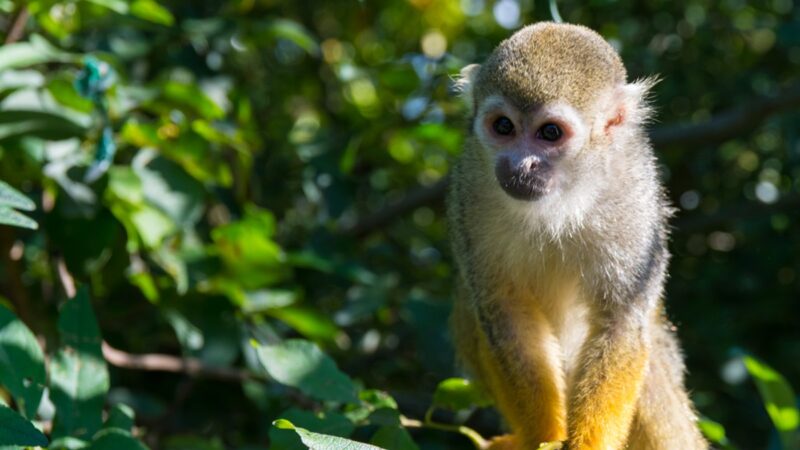 2024 C.E. February 1
2024 C.E. February 1New fund supports Indigenous-led land management in biodiverse area of Bolivia
The Wildlife Conservation Society launched the new funding mechanism, in collaboration with Bolivia’s Foundation for the Development of the National System of Protected Areas. The new mechanism will channel conservation funds to Indigenous organizations in the Madidi Landscape, one of the most biodiverse terrestrial protected areas in the world. The new fund has so far attracted $650,000 in initial support from the Bezos Earth Fund.
-
 2024 C.E. February 1
2024 C.E. February 1Ethiopia to ban non-electric car imports
The Ethiopian Ministry of Transport and Logistics recently announced that motor vehicles will soon be banned from importation in favor of electric vehicles. This measure is part of the Green development master plan 2021-2030 approved by the Ethiopian parliament, which aims to import at least 152,800 electric vehicles over 10 years.
-
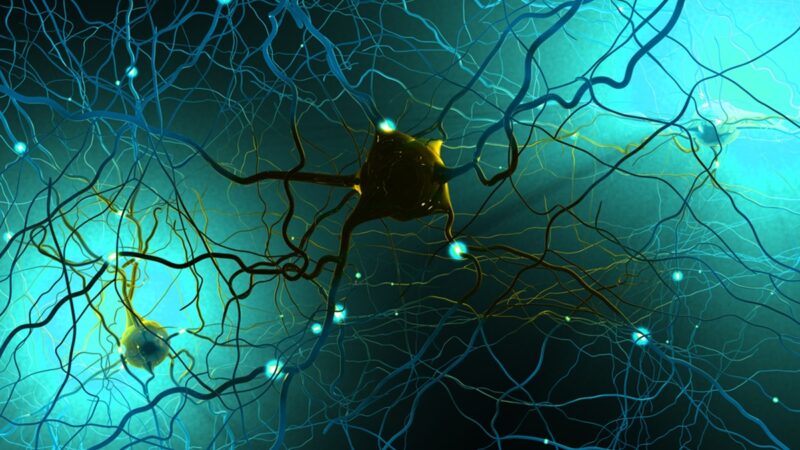 2024 C.E. February 1
2024 C.E. February 1Researchers discover an effective non-opioid treatment for nerve pain
Many available pain medications aren’t effective in reducing this often-debilitating type of chronic pain. However, researchers at the University of Texas at Austin (UT Austin), in collaboration with UT Dallas and the University of Miami, may have advanced the treatment of neuropathic pain by discovering a molecule that reduces mechanical hypersensitivity in mice.
-
 2024 C.E. February 1
2024 C.E. February 1France implements compulsory composting
As of January 2024, municipalities in France must now provide residents with ways to sort bio-waste, which includes food scraps, vegetable peels, expired food and garden waste. Households and businesses are required to dispose of organic matter either in a dedicated small bin for home collection or at a municipal collection point. The waste will then be turned into biogas or compost to replace chemical fertilizers.
-
 2024 C.E. January 31
2024 C.E. January 3125% of new car sales in China were fully electric in 2023 for the first time ever
Electric vehicles sales in China, the world's largest automotive market, are surging. All plugin models accounted for 37% of the market in 2023, up from just 6% at the end of 2021. Full electrics (BEVs) alone accounted for 25%. Plugins are expected to cross the 50% mark for plugins and electric by 2026, with BEVs likely to account for over a third of sales, if current trends persist.
-
 2024 C.E. January 31
2024 C.E. January 31Germany launches large four-day workweek trial
In February, 45 companies and organizations in Europe's largest economy will introduce a 4-day workweek for half a year. Employees will continue to receive their full salary. Advocates argue that a 4-day workweek would increase worker productivity and, by consequence, help alleviate the country's skilled labor shortage.
-
 2024 C.E. January 31
2024 C.E. January 31Gene therapy hailed as ‘medical magic wand’ for hereditary swelling disorder
Hereditary angioedema, or HAE, is a rare disease that affects about one in 50,000 people. It is caused by a genetic mutation that leaves patients with leaky blood vessels, causing erratic bouts of swelling. Dr. Hilary Longhurst, the principal investigator at New Zealand's Te Toka Tumai, Auckland City hospital, said the new single-dose therapy appeared to provide a permanent cure for her patients’ “very disabling symptoms”.
-
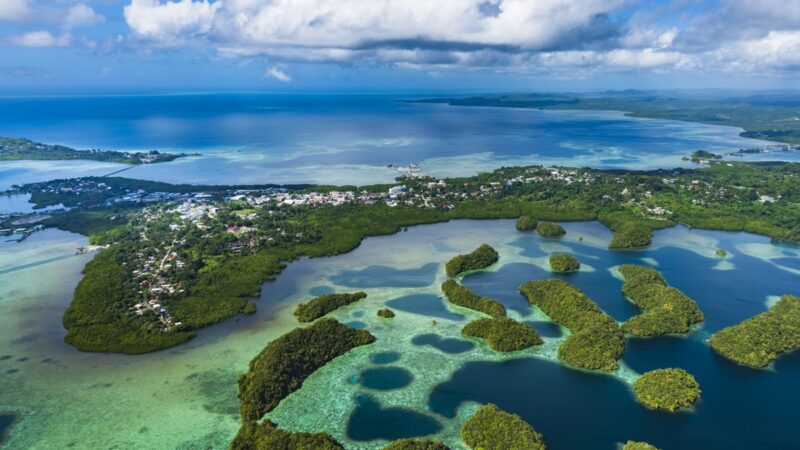 2024 C.E. January 29
2024 C.E. January 29Palau is the first nation to ratify treaty to protect high seas
Palau has become the first nation to ratify the high seas treaty, a legally binding international agreement that seeks to protect and manage ocean areas beyond national jurisdiction. Other countries, including Chile and the Maldives, are engaged in their ratification processes, pushing the treaty closer to becoming international law. The establishment of the high seas treaty has been under debate for nearly two decades, but U.N. member states finally reached a consensus to approve the treaty in March 2023.
-
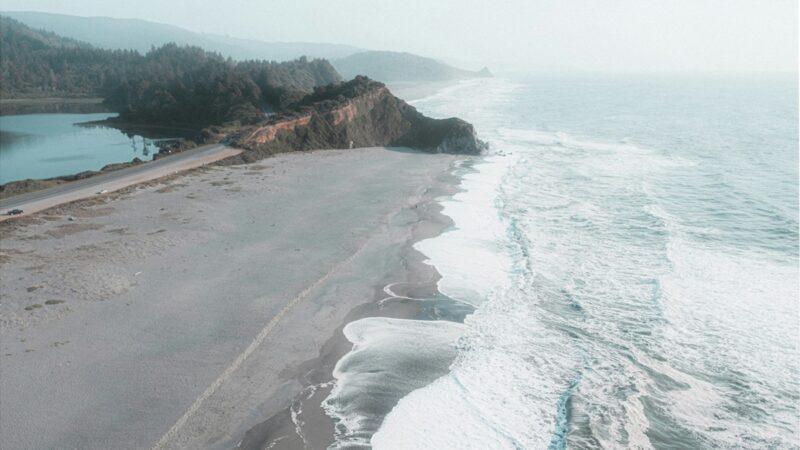 2024 C.E. January 29
2024 C.E. January 29First ever U.S. Indigenous Marine Stewardship Area declared in California
The Tolowa Dee-ni’ Nation, Resighini Rancheria, and Cher-Ae Heights Indian Community designated the first ever Indigenous Marine Stewardship Area (IMSA) in the U.S. along the northern California coast. The tribes plan to steward nearly 700 square miles of their ancestral ocean and coastal territories from the California-Oregon border to Little River near the town of Trinidad, California using traditional ecological knowledge and management practices.
-
 2024 C.E. January 29
2024 C.E. January 29E.U. will force cosmetic companies to pay to reduce micropollutants
Under draft rules that follow the “polluter pays principle”, companies that sell medicines and cosmetics will have to cover at least 80% of the extra costs needed to get rid of tiny pollutants that are dirtying urban wastewater. Governments will pay the rest, members of the bloc said, in an effort to prevent vital products from becoming too expensive or scarce.
